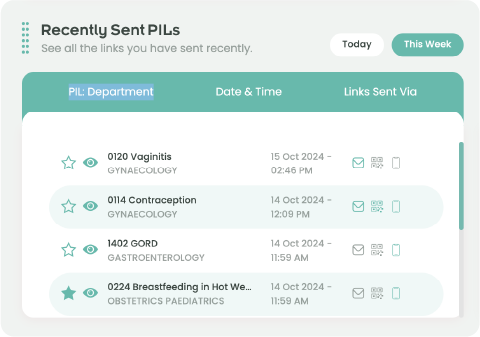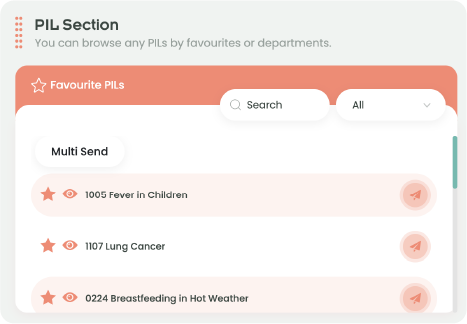Empathy Training
Overview
There are different forms of empathy recognized in literature. Emotional empathy is a form of emotional mirroring, where the empathizer feels the emotions of others. With time, this may lead to emotional strain, particularly for medical staff. Cognitive empathy is the ability to see the perspective of others, without feeling any emotions. While it is a useful skill, it relies on logic and rational thinking, without any fellow-feeling. Studies have shown that doctors lose much of their emotional empathy and revert to cognitive empathy, possibly to protect themselves emotionally. In between those two extremes is Compassionate empathy, which is a balance between the two.
Empathy Training Objectives
- Demonstrate abilities in effective communication and deep listening
- Demonstrate abilities to understand and respond to verbal and non-verbal cues
- Advocate for the hospital attendees based on their perceived needs
- Plan a personal system to enhance their empathy skills
- Be aware of actions that display empathetic behaviour
Examples of Empathy Training Workshops
- Communications skills
- Interactive listening
- Understanding patient experiences and complaints
- Emotion recognition and body language
- Display of empathy and active compassion
- Lifelong empathy training.



